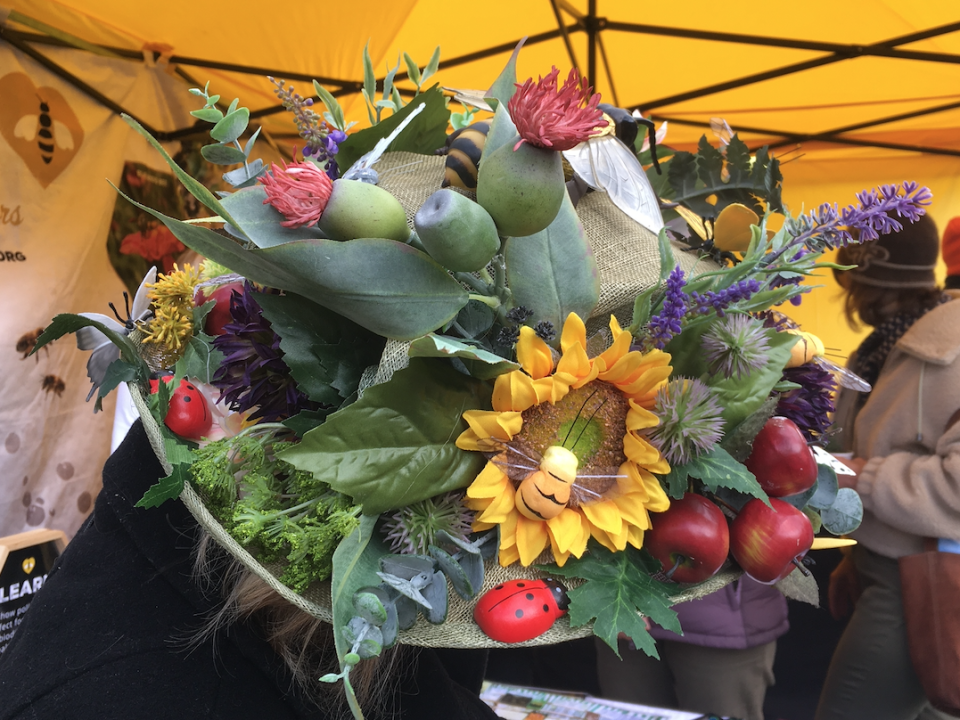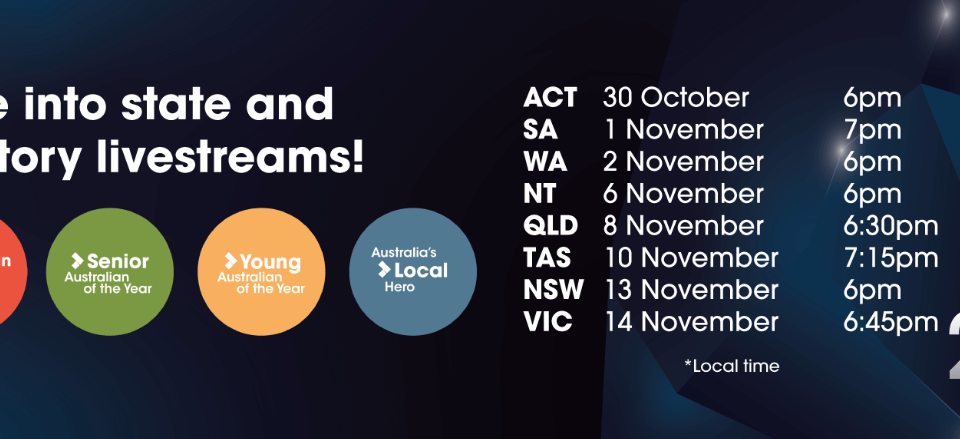
An honour to be nominated for ACT Local Hero Australian of the Year 2024
November 1, 2023
March-April 2024 Newsletter
May 4, 2024
| FEBRUARY 2024 actforbees.org |
Welcome to our first newsletter of 2024.
From everyone at ACT for Bees, we hope that you have had a happy and safe festive season. Summer has arrived, and with it, the warmer and wetter temperatures!
ACT for Bees was very busy in 2023!
Reflecting on the year that has been, our highlights include:
- the launch of our new website (thank you, Vicki and Leandi!),
- the World Bee Day celebrations in May.
- participation at the Queanbeyan Hive and Whitlam community events,
- the workshop with the CWA in Goulburn, and
- founder Julie Armstrong was an ACT for Bees finalist for the ACT 2024 Local Hero Award.
We continued to give presentations on planting for pollinators with the assistance of the Canberra Environment Centre and the ACT Government’s Zero Emissions Grants Program and became more involved in local radio, with Mark and Julie both being sought out to talk about bees and all things to do with pollinators.
best wishes
Julie, Lynne, Mark, John, Vicki, Didi and Matt
ACT for Bees Management Committee
ACT for Bees is turning 10!
We will be celebrating our 10th Birthday (14th February) with festivities over the weekend of 17-20 May 2024 to coincide with World Bee Day. Stay tuned for further updates!
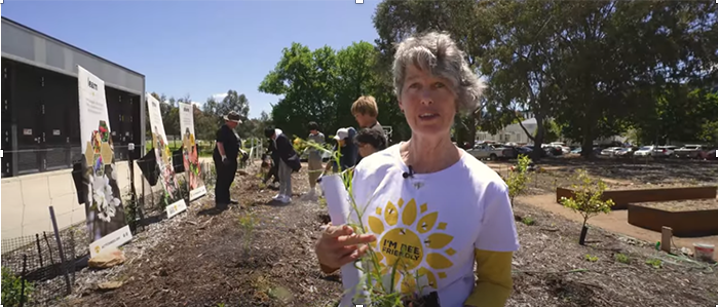
Creating a Pollinator-Friendly Garden at the ANU
Creating A Pollinator-Friendly Garden with ACT for Bees is a video created last year at the ANU Thrive Kitchen Gardens thanks to the Canberra Environment Centre and the ACT Government’s Zero Emissions Grants Program.
Our relationships with organisations such as Landcare, the Canberra Environment Centre and Ginninderry continued to evolve and deepen. We will continue to work with all our partners in 2024 to highlight the importance of pollinators for food security, biodiversity and ecosystem health. Stay tuned for announcements in 2024!
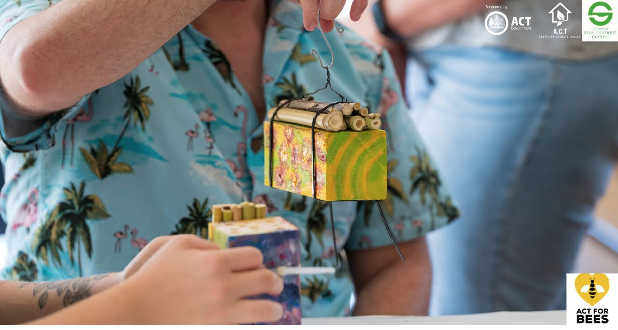
Report on Pollinator Week Activities
The Wild Pollinator Count was back on again in November last year with useful guides for identification. Did you take part? It will be interesting to see the results. Native bees are important pollinators of Australian flora and with the warmer temperatures, we’ve been spotting lots of native bees in our own gardens and at the Australian National Botanical Garden.
Native Bee Hotel Workshop
At our November workshop, run in conjunction with the Canberra Environment Centre, twenty people built their native bee hotel and learnt more about these amazing insects. We thank the ACT Government under the ACT Community Zero Emissions Grants Program for its financial assistance to host the workshop. There was also a film made on Native bees at the Australian National Botanic Gardens, which will be posted on the Canberra Environment Centre’s website.
Canberra’s New Urban Forest Laws
Did you know that Canberra has more than 820,00 trees on public land such as streets, median strips, parks and local shopping centres?
Sadly, many of these trees are ageing and our urban forest needs new protections to mitigate the impacts of climate change and continued urban development.
Commencing 1 January 2024, Canberra has new laws protecting trees and the urban forest. This is an important initiative that will help mitigate the heat impacts of warming temperatures and will also ensure habitat for a range of native animals and pollinators. Read more here.
Exciting activities to get involved in…..
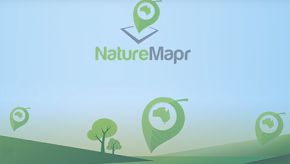
Nature Maps for Schools
Citizen science is accessible to all community members and is integral to a community’s understanding and responsibility for local biodiversity.
NatureMapr’s school’s presentation empowers students to participate in local conservation and consider the state of the environment and what they can do to improve it. It delves into NatureMapr’s role in collating ecological data (sightings of flora and fauna) recorded by local communities, which are provided to councils and state and federal governments.
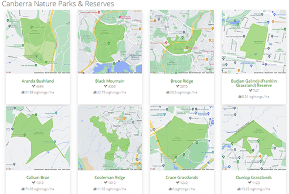
Canberra Nature Mapr: Species Richness Score
Following consultation with users and the ACT Government, NatureMapr introduced version one of our Species Richness Score (SRS). By inferring the number of species in a certain site and assigning weightings to species’ respective conservation levels, giving users a general idea of the makeup and health of the local environment!
Species richness is the number of species in the ecological communities that are within each map boundary.
And here are a a list of EVENTS
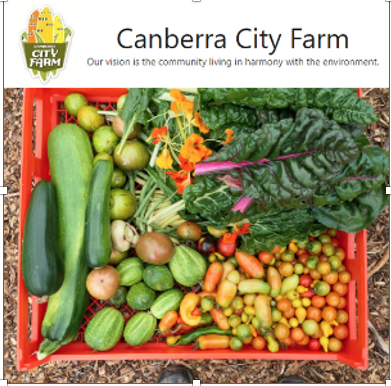
Canberra City Farm Open Day
Sunday 18 February 10:00am – 1:00pm
Attractions include:
* Tours of the farm, half-hour tours showing the workings of the farm, and a more extended tour including the history of the site and the farm.
* Seedlings for sale
* ACT Wildlife will run the popular free Fruit Tree Netting swap
* Information stalls
* Various workshops will occur during the day
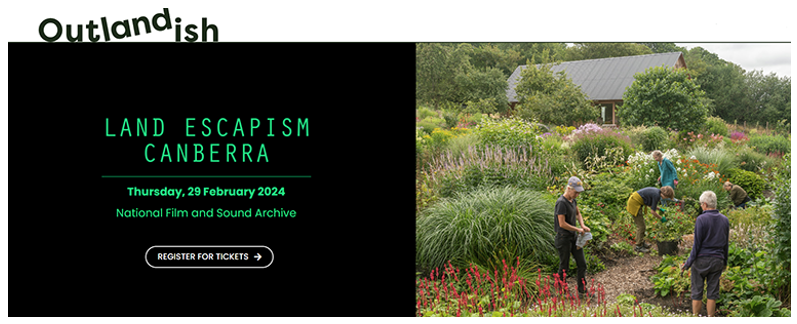
Land Escapism Canberra
Thursday 29th February 2pm-7pm
How can connections with the natural world act as a medium to stimulate positive emotion, connect us more profoundly to people and the larger cycles of life, and enable us to explore and extend our imagination and well-being?
These issues will be explored by a panel of acknowledged experts later this month in Canberra. Join the esteemed Curator of Songlines at the National Museum of Australia, Adj. Professor Margot Neale, UK-based psychiatrist, psychotherapist and best-selling author Dr Sue Stuart-Smith, together with the Director of ‘The Heart Garden Project’ (THGP) Emma Cutting (who is planting Pollinator corridors in Melbourne) and Charlie Harper, Head Gardener at Knepp in the UK. The walled garden at Knepp is a pioneering project in the ‘rewilding’ garden movement.
Here in Australia, good things are happening in Melbourne with planting for pollinators. For an update on the amazing work being undertaken by the Heart Gardening Project read on here.

Growing Friends Autumn 2024 Native Plant Sale
Saturday, 2 March 2024 9.00am to 11.30am
Australian National Botanic Gardens
The full list of plants and their descriptions will be available on the Friends website 1-2 weeks prior to the sale.
Plants are only $6, and all proceeds from the sale help support the Gardens.
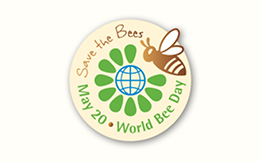
World Bee Day events will be buzzing!
17 – 20 May 2024
World Bee Day planningis happening and we would love your school, university, and organisation to get involved by holding your own World Bee Day celebration on Monday, 20 May. There will be various events in Canberra from Friday, 17 May, to Monday, 20 May.
We are very fortunate to have the input of the diplomatic community ut to this world celebration and an opportunity to visit different embassies and hear how they care for bees and pollinators on their grounds.
This year, some diplomatic missions will share the EU focus on The UN’s Sustainable Development Goals with us.
A few interesting books and articles
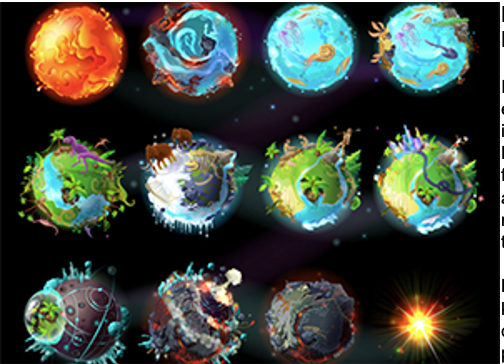
Ross Gittins – Nine Planetary Boundaries
In October 2023, the respected economist Ross Gittins wrote an insightful piece on the Nine Planetary Boundaries – a framework developed in 2009 by a group of internationally renowned scientists, including the late Will Steffen of the ANU.
Basically, it says that there are key categories of environmental damage, and it estimates the point at which “the Earth system” can no longer recover. For a very readable discussion of the science involved, read Gittins’s article here, and if you’d like to delve further, go to the Stockholm Resilience Centre
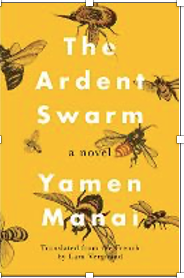
The Ardent Swarm by Yamen Manai
In the small North African village of Nawa, Sidi, a bee whisperer, is devastated when an invader destroys his beehive. His quest to find out what happened to his bees takes Sidi deep into a city torn apart amid the Arab Spring unrest. This book reads like a parable, drawing connections between the bees living in a peaceful community and Nawa’s quiet village. The invading force that destroyed the bees—a non-native swarm of hornets—stands in for the religious fundamentalism dividing the country. The Ardent Swarm, written by award-winning Tunisian author Yamen Manai, takes on heavy subject matters with warmth and touches of humour
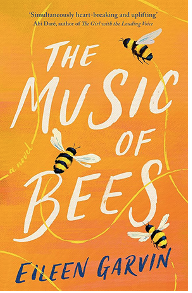
The Music of Bees by Eileen Garvin
Three unlikely friends bound by their dedication to protecting honey bees from a chemical company form an unexpected family. Alice, a reclusive beekeeper, has accepted that her only life companions will be her bees. Jake is a young musician, angry and rudderless after an accident left him unable to walk. Harry, who suffers from debilitating anxiety and carries a prison record, wants to start over. Together, they find purpose, healing, and music in the hum of the hives they tend and defend together. This story about resilience and the families we choose is infused with joy.

The Last Beekeeper by Siya Turabi
Set in 1974 in Pakistan, The Last Beekeeper follows 14-year-old Hassan, who must find the mythic last beekeeper to collect the legendary black honey that promises to restore his mother’s failing vision. But when Hassan gets a scholarship to study in Karachi, he must leave his village and abandon his opportunity to help his mother. Hassan, who prefers his village to the city, confronts complicated choices that affect his future, heart, and family.
Books for younger readers
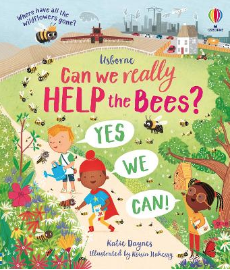
Can We Really Help the Bees? by Katie Daynes
A positive, creative, colourful and REALLY USEFUL introduction to protecting pollinators and biodiversity.
The bees are in danger. They find a sparky bunch of kids to share their troubles with and explain why there’s much more at stake than just honey. With entire food webs threatening to unravel, the kids begin to brainstorm… and come up with a brilliant plan. This delightful book weaves important information about pollination, biodiversity, conservation and sharing our planet into an entertaining and empowering narrative.

Pollination: How Does My Garden Grow? by Christopher Cheng and Danny Snell
A child’s day in the garden with their Gran and Pa leads to a wonderful exploration of pollination – how it happens and its importance for our environment. Meet the animals involved in pollination and the plants that depend on pollination to produce our fruit, vegetables and our clothes!
Suitable for children aged 5 to 9.
ACKNOWLEDGEMENT OF COUNTRY
We respectfully acknowledge the Traditional Custodians of the land on which we live and work, the Ngunnawal and Ngambri people. We pay our respects to their Elders, past, present and emerging.
We recognise the impact of climate change and increasing urbanisation on biodiversity. It is now even more important for us to plant and maintain our urban gardens and parklands to protect our bees, butterflies, birds and local wildlife. Go to actforbees.org for more information.


